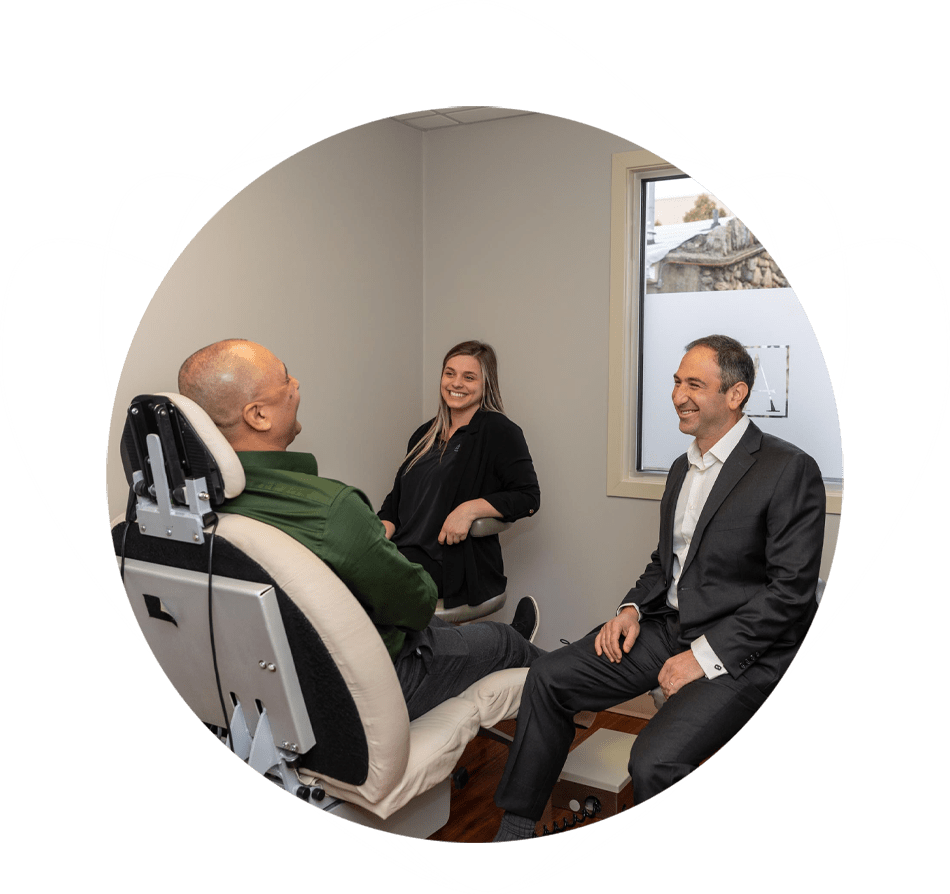There’s no doubt that temporomandibular joint disorder or TMJ has gotten much more attention in the past decade. According to the National Institute of Dental and Craniofacial Research, around 10 million U.S. citizens have been diagnosed with it. Still, there’s a lot of misunderstanding that exists, especially concerning symptoms. Unlike complications like a broken arm, TMJ isn’t standard across the board. Symptoms and the severity of symptoms vary from patient to patient. Because of this, what may be a common indicator for one group of people, might not be the same for another.
Jaw pain is the most common symptom, followed by popping of clinking noises heard when opening or closing your mouth. But despite the fact that TMJ is rooted in the jaw, there are several other symptoms which occur in other parts of the body, which can easily confuse sufferers — and sometimes even their doctors.
Stay Alert for These Symptoms
Do you commonly experience vertigo or dizziness for no apparent reason? Vertigo or dizziness are common symptoms of TMJ because the temporomandibular joint is adjacent to the inner ear, which plays a large role in regulating balance. Stress experienced in the jaw can transfer over to the inner ear, disrupting the body’s natural sense of balance and resulting in dizziness or the sensation of the world spinning around you. Because of the position of the temporomandibular joint relative to the ear, your hearing can also be affected.
Tinnitus is another symptom of TMJ that often flies under the radar. Usually experienced as a ringing in the ears, Tinnitus can also manifest itself in other sounds such as buzzing, hissing, clicking, or roaring. If you’ve recently been experiencing tinnitus in conjunction with other TMJ-like symptoms like jaw pain, scheduling an appointment with a dentist who treats TMJ is advised.
But Wait, There’s More
TMJ symptoms can go further than the ears. People with TMJ are four times as likely to report pain and other symptoms, like tingling or numbness, in the hands, shoulders, and other joints. Although this symptom is less common, it’s believe to be caused by pressure from the jaw, which can displace vertebrae in the neck, affecting nerves that extend to your hands and fingers.
Last but not least, chronic headaches and even migraines can be a debilitating side effect of TMJ. The tension that the temporomandibular joint exerts on the face, neck, and spine can be a trigger for migraine-like headaches in some. This symptom in particular can plague people for years without leading to an accurate diagnosis, since migraines are so poorly understood and can be triggered by a wide variety of things.
If you would like to learn whether TMJ is responsible for your symptoms, please call (914) 526-2144 or email us to schedule a consultation with a Mohegan Lake TMJ dentist at Advanced Dentistry of Mohegan Lake.





